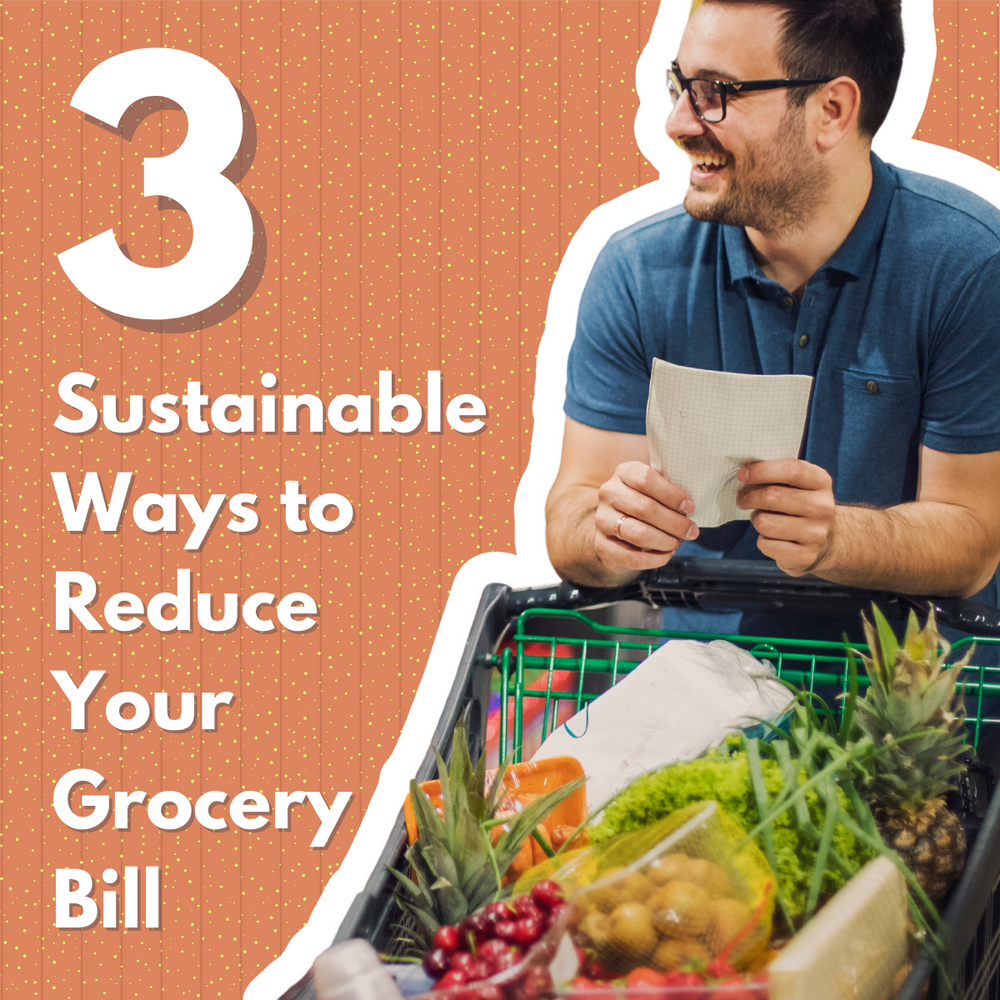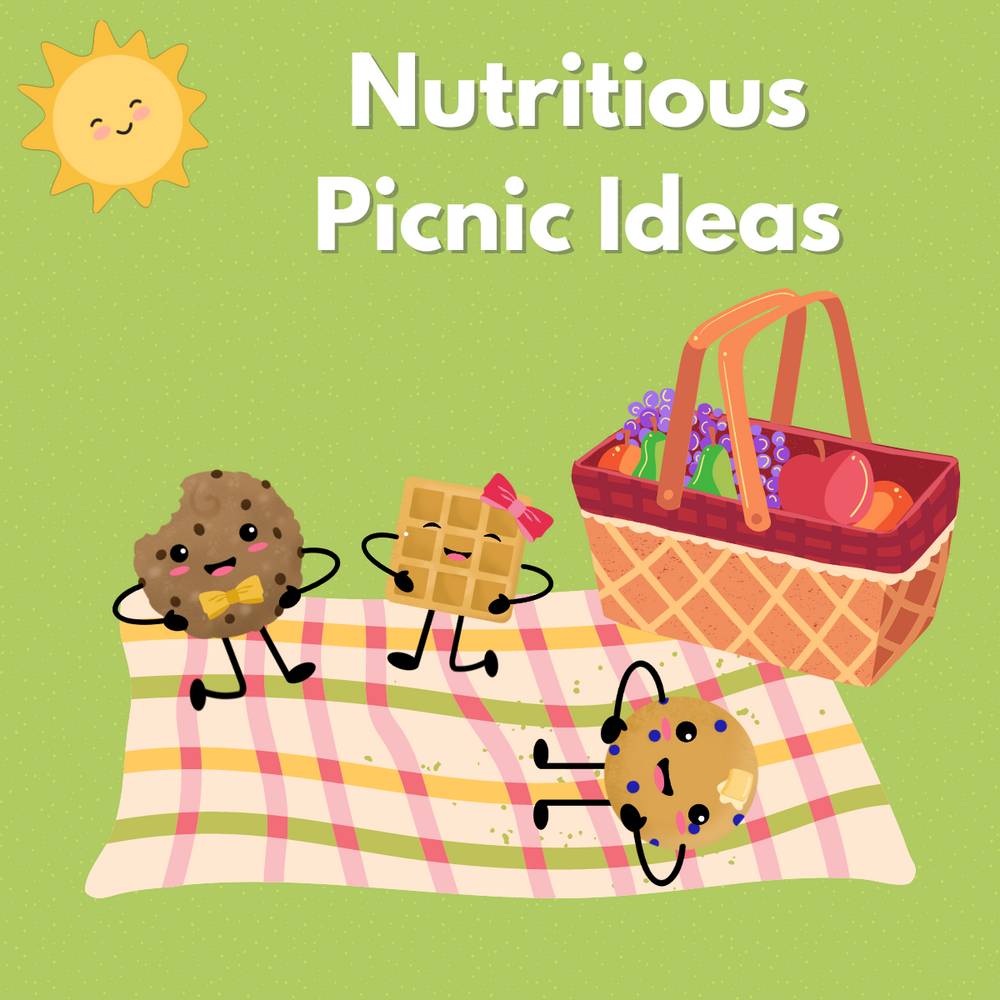A Sustainable Approach to Reduce your Grocery Bill

3 Sustainable Ways to Reduce your Grocery Bill
The recent inflation of food has made it more difficult to stick within budget when it comes to weekly grocery shopping. If you are the head chef of the family, you know that meal planning, grocery shopping and cooking take a considerable amount of effort and time each week. Sometimes it may feel like too much effort to prioritize environmental sustainability while trying to stay afloat in this changing economic climate.
As a dietitian mom, I feel this struggle too, but I do have a few tips to help. Keep reading for my top three strategies to help navigate rising food prices that also support global environmental sustainability:
1) Reduce Food Waste and Save Money:
Meal planning is the number one way to reduce food waste (and thereby save you money!) by helping you to stay organized with food you already have, and food you need to purchase for the week. Here are a few meal planning tips to get you started:
- First, use up the food items you already have in your fridge and pantry that are perishable or are about to expire. These ingredients can give you inspiration for what meals to cook, prevent you from wasting perfectly good food (and money!) in the back of your fridge that you forgot about. Brown, too-ripe bananas end up in the compost all too often at my house. If this also happens to you, make use of those bananas in this delicious high fibre banana bread mix! A yummy make-ahead breakfast or snack option to add to your meal plan for the week!
- Keep your storage space clean and organized. It is easy to forget about purchased food products hiding in the cupboard or freezer if things are cluttered and difficult to find. It’s amazing how a clutter free space saves you both time and money when food you purchase actually ends up on the table instead of being forgotten and thrown out!
- Use simple recipes in your meal plan. Try and keep it to one new recipe per week! This is a great one to try if you want a quick and easy weeknight dinner that is perfect for using up leftovers! Simple recipes with reusable ingredients are the way to go. Avoid the random specialty sauces and spices if you think they will probably just sit on your shelf unused, taking up space.
- Buy bulk ingredients instead of individual packages of food items. For example, when buying things like nuts, seeds, dried beans, flour and other dried foods, you can dispense the amount you need into a single plastic bag from the bulk food section versus buying prepackaged items. This saves you money while also reducing the amount of plastic, cardboard and other materials used for containing the food you purchase.
- Skip purchasing bottled water and opt for using your own refillable water bottle when you are on the go. This switch will save you money and reduce plastic waste at the same time.
- Cut down on convenience foods such as individual frozen meals, prepackaged meals, or plastic packed vegetable/fruit trays. While these food items can be convenient on occasion, they become expensive to purchase on a regular basis. The extra costs of processing and packaging can add up quickly. Try to switch to batch cooking your own freezer meals more often such as pastas, casseroles, soups and stews. Purchase your own bulk produce and fill up a reusable veggie tray in your fridge! These meal planning tips will help you reduce expensive packaging, improving your environmental footprint, while also saving you money!
Buying locally grown and produced food, helps to support sustainable local food systems, and can also save you some money. Smaller local food production requires less transportation resources and are usually less mechanized than larger scale farming. This can help you save cost while supporting smaller food systems that use fewer fossil fuels. We all know locally grown, in-season produce always tastes better anyway!
If one or two of these strategies sound like a good fit for your family, then give them a try! After a few weeks ask yourself if notice your grocery bill seems smaller? Do you notice that your garbage and food bin are emptier? Evaluation of small changes is key to adopting them into your families regular routine!




